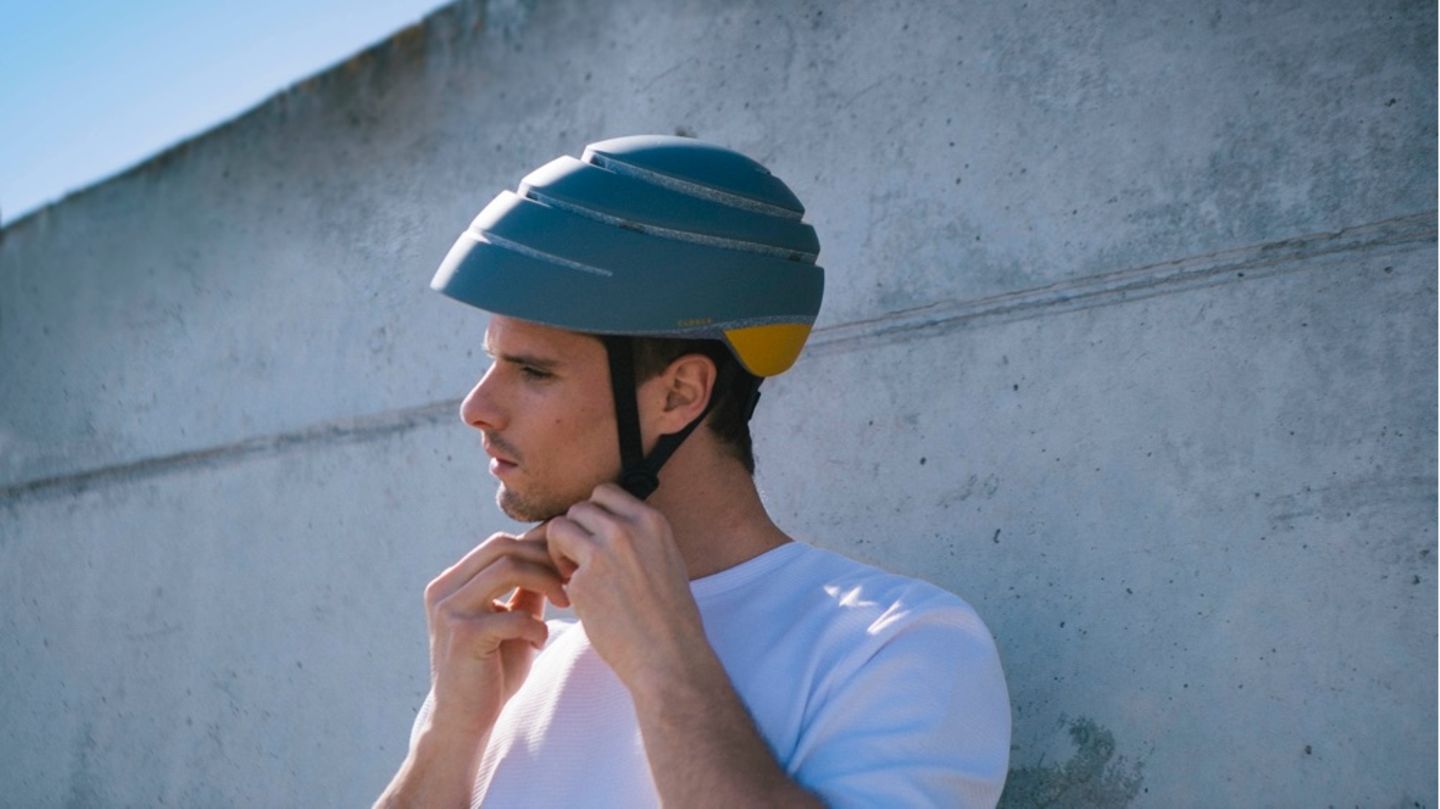I am Pierce Boyd, a driven and ambitious professional working in the news industry. I have been writing for 24 Hours Worlds for over five years, specializing in sports section coverage. During my tenure at the publication, I have built an impressive portfolio of articles that has earned me a reputation as an experienced journalist and content creator.
Menu
Ban for one month: Swiatek doping case triggers criticism and incomprehension
Categories
Most Read
Formula 1: Hamilton’s “wow” effect before the US spectacle
October 17, 2025
No Comments
Racing announced that Nike will dress the club from 2026
October 16, 2025
No Comments
Edison Cavani, out again in Boca: what does he have and when would he play again?
October 16, 2025
No Comments
Latest Posts

Trade dispute: Pharmaceutical tariffs: Merck concludes agreement with Trump administration
October 17, 2025
No Comments
AngelicaI am an author and journalist who has written for 24 Hours World. I specialize in covering the economy and write about topics such as

Bicycle trends 2025: Smart gadgets for racing bikes and e-bikes
October 17, 2025
No Comments
PierceI am Pierce Boyd, a driven and ambitious professional working in the news industry. I have been writing for 24 Hours Worlds for over five

Want to work more voluntarily? These people like to work overtime
October 17, 2025
No Comments
Listen to article Copy the current link Add to watchlist More and more people seem to be looking for a way to reduce their working
24 Hours Worlds is a comprehensive source of instant world current affairs, offering up-to-the-minute coverage of breaking news and events from around the globe. With a team of experienced journalists and experts on hand 24/7.

